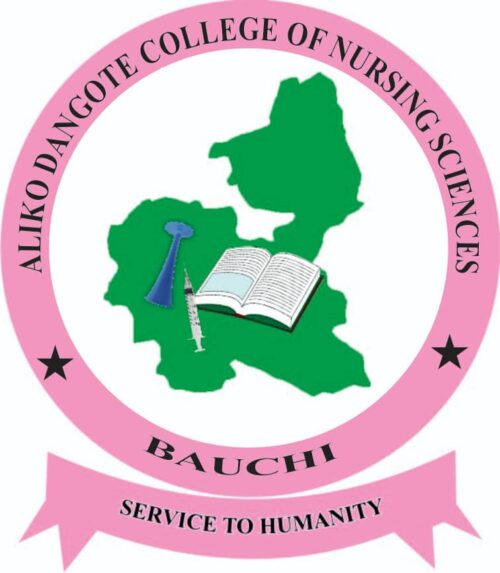NBTE develops curricular for environmental health and family health care; The National Board for Technical Education (NBTE) has embarked on the development of curricula for Higher National Diploma (HND) in environmental health technology (with a focus on pest and vector management) and National Diploma (ND) in family health care technology.
GAIN ADMISSION INTO ANY NIGERIAN UNIVERSITY WITHOUT JAMB – REGISTER FOR IJMB TODAY
In collaboration with the Environmental Health Council of Nigeria, the NBTE commenced the development of a curriculum for various specializations in environmental health, including environmental health (with 8 options), public health (with 3 options), epidemiology and disease control (with 3 options), and water sanitation/hygiene (WASH) (with 2 options).
During a pre-critique session on the development of the HND curriculum for environmental health technology and ND in family health care technology, the Executive Secretary of NBTE, Prof Idris Bugaje, highlighted the unprecedented volume of reviews involved in the process. Represented by the board’s Director of Human Resource Department, Lawal Hafiz, Prof Bugaje emphasized the importance of standardizing and regulating the environmental health and family health care technologies sector to ensure optimal value delivery.
He underscored the collaborative efforts of NBTE with relevant institutions and experts to maintain updated standards aligned with international best practices, with the aim of enhancing Nigeria’s educational and occupational landscape.
Dr. Hatim Koko, Director of Curriculum Development Department at NBTE, indicated that the family health care technology curriculum had reached the implementation stage in various colleges and institutions. He highlighted the need for comprehensive curriculum development, particularly in areas such as pest and vector management, to address evolving challenges and advancements in the field.
Dr. Yakubu Baba, Registrar of the Environmental Health Council of Nigeria, emphasized the multidisciplinary nature of environmental health and the importance of aligning educational programs with current challenges and advancements. Similarly, Dr. Sunday Joseph, Registrar of the Family Health Care Technician and Technologists Association, stressed the need for curricula to incorporate recent research findings and global best practices to prepare graduates for the dynamic environment and family health care landscape in Nigeria.
In conclusion, the collaborative efforts between NBTE, EHCON, and relevant associations aim to create comprehensive, innovative, and responsive curricula that equip students with the necessary knowledge and skills to address complex environmental and family healthcare challenges.







